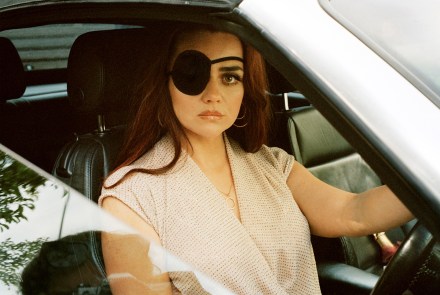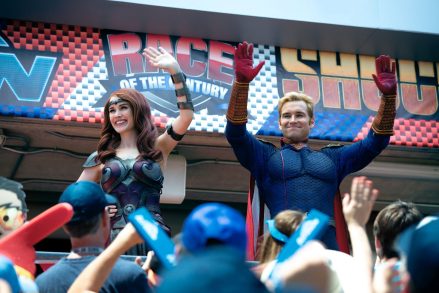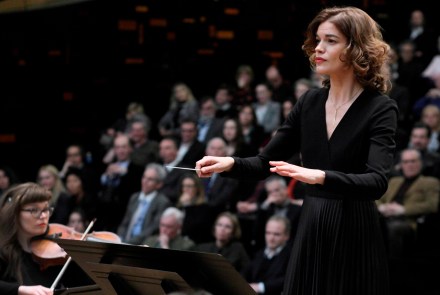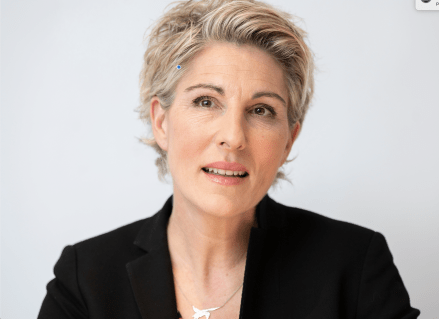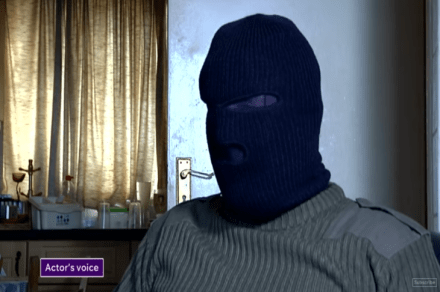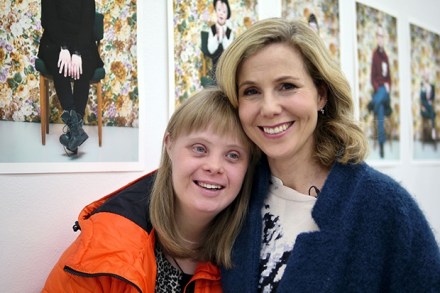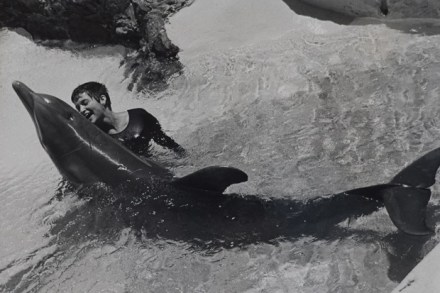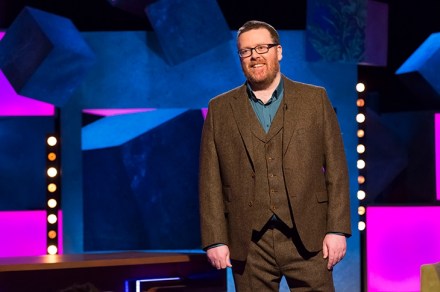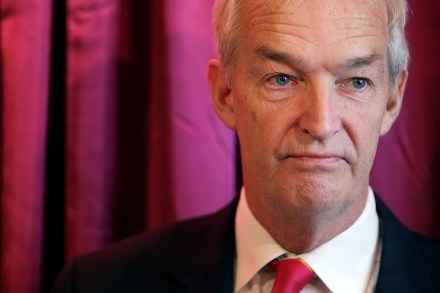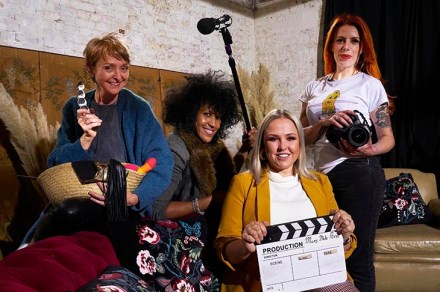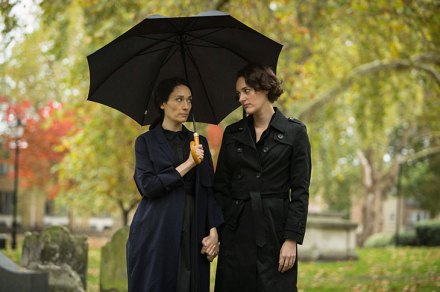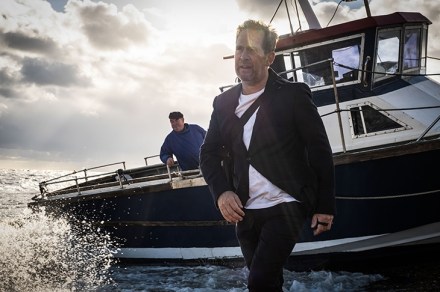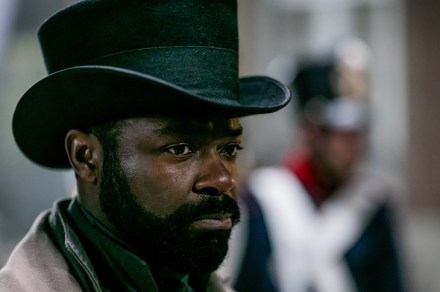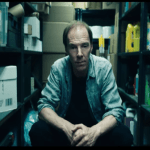Funny, tender and properly horrible: Channel 4’s Adult Material reviewed
A woman is eating a pie in her car as it gets an automatic wash. Careful to keep the pie out of shot, she then films herself on her phone pretending to have an orgasm, posts the clip online and drives to work. Once there, she’s constantly distracted by thoughts of domestic chores (‘Whites tonight, colours in the morning, hang them out before the school run’) — which mightn’t be so unusual, except that her work consists of having sex. But if the early scenes in Channel 4’s new porn-industry drama Adult Material suggested a cheeky, essentially light-hearted twist on female life-juggling, this soon proved deceptive. What followed was an
